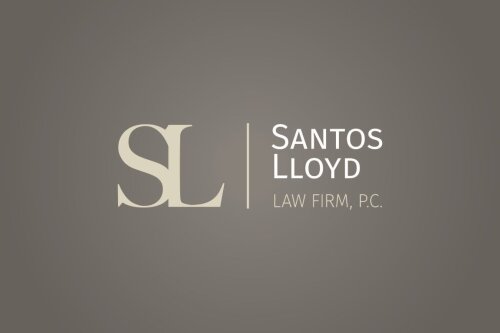Best Collaborative Law Lawyers in Newport Beach
Share your needs with us, get contacted by law firms.
Free. Takes 2 min.
Free Guide to Hiring a Family Lawyer
List of the best lawyers in Newport Beach, United States
About Collaborative Law in Newport Beach, United States:
Collaborative Law in Newport Beach, United States, is a method of dispute resolution where parties work together with their attorneys to reach a mutually agreeable solution. This approach promotes open communication, transparency, and cooperation to resolve conflicts, particularly in family law matters such as divorce and child custody.
Why You May Need a Lawyer:
You may need a lawyer in Collaborative Law to ensure your rights are protected, to negotiate on your behalf, and to provide legal advice throughout the process. Lawyers can help guide you through the collaborative process and draft legally binding agreements that reflect your interests.
Local Laws Overview:
In Newport Beach, United States, Collaborative Law is governed by state laws that recognize and support the collaborative process. The parties involved must agree to participate in good faith and commit to reaching a resolution outside of court. It is essential to understand the specific laws and procedures that apply to collaborative cases in Newport Beach.
Frequently Asked Questions:
1. What is the difference between Collaborative Law and traditional litigation?
Collaborative Law focuses on cooperation and mutual agreement, while traditional litigation involves a trial in court where a judge makes decisions for the parties.
2. How long does a collaborative process typically take?
The length of the collaborative process varies depending on the complexity of the case and the willingness of the parties to work together. It can range from a few months to over a year.
3. Are the outcomes of Collaborative Law legally binding?
Yes, the agreements reached through Collaborative Law are legally binding once signed by all parties and approved by the court.
4. Can I switch to traditional litigation if the collaborative process is unsuccessful?
Yes, if the collaborative process is unsuccessful, both parties must hire new attorneys to pursue litigation in court.
5. What are the benefits of Collaborative Law compared to traditional litigation?
Collaborative Law often leads to faster resolutions, lower costs, and more amicable outcomes compared to traditional litigation.
6. Do I need to hire a lawyer for Collaborative Law?
While not required, it is highly recommended to have a lawyer experienced in Collaborative Law to represent your interests and guide you through the process.
7. Can children be involved in the collaborative process?
Children cannot participate directly in the collaborative sessions, but their interests and needs can be represented by professionals such as child specialists or therapists.
8. What happens if one party is not cooperative in the collaborative process?
If one party is not cooperative, the collaborative process may not be successful, and the parties may need to pursue traditional litigation.
9. Is Collaborative Law confidential?
Yes, discussions and negotiations in Collaborative Law are confidential and cannot be used as evidence in court if the process is unsuccessful.
10. How can I find a Collaborative Law attorney in Newport Beach?
You can contact local law firms specializing in Collaborative Law or seek referrals from organizations such as the Collaborative Practice California.
Additional Resources:
For more information on Collaborative Law in Newport Beach, you can visit the Newport Beach Bar Association or the Newport Beach Collaborative Practice Group.
Next Steps:
If you are considering Collaborative Law in Newport Beach and need legal assistance, we recommend reaching out to a qualified attorney who is experienced in Collaborative Law. They can provide guidance, support, and representation throughout the collaborative process to help you achieve a positive outcome.
Lawzana helps you find the best lawyers and law firms in Newport Beach through a curated and pre-screened list of qualified legal professionals. Our platform offers rankings and detailed profiles of attorneys and law firms, allowing you to compare based on practice areas, including Collaborative Law, experience, and client feedback.
Each profile includes a description of the firm's areas of practice, client reviews, team members and partners, year of establishment, spoken languages, office locations, contact information, social media presence, and any published articles or resources. Most firms on our platform speak English and are experienced in both local and international legal matters.
Get a quote from top-rated law firms in Newport Beach, United States — quickly, securely, and without unnecessary hassle.
Disclaimer:
The information provided on this page is for general informational purposes only and does not constitute legal advice. While we strive to ensure the accuracy and relevance of the content, legal information may change over time, and interpretations of the law can vary. You should always consult with a qualified legal professional for advice specific to your situation.
We disclaim all liability for actions taken or not taken based on the content of this page. If you believe any information is incorrect or outdated, please contact us, and we will review and update it where appropriate.








